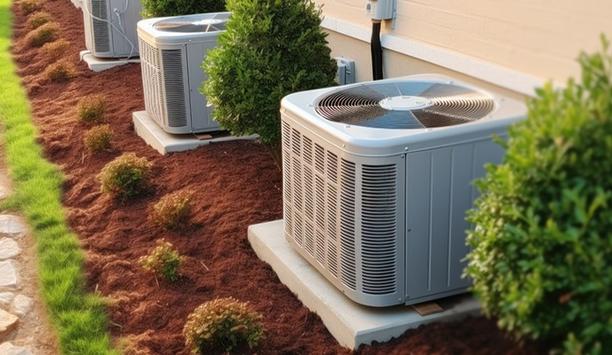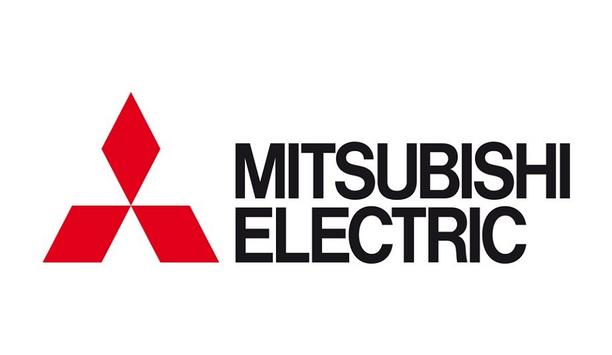Fire risks related to HVAC include factors such as overheating motors, faulty electrical wiring, and leaky fuel lines. Educating consumers on the fire risks of HVAC systems contributes to fire prevention.
Proper installation and maintenance of HVAC systems can significantly reduce the dangers of factors such as gas leaks.
residential fire hazards
Among residential fire hazards, an HVAC system is probably not at the top of the list. However, there are fire risk factors related to HVAC that can be mitigated through greater awareness and additional precautions.
The reality is that an HVAC fire, like any other, can be dangerous and even deadly.
Faulty wiring
Connections can become loose, which can burn the wires and cause a fire
Faulty wiring is the top reason an air conditioner might catch fire. Rusted wires should be replaced, and wiring should be insulated end-to-end. Sparks from faulty electrical connections can land on something flammable and ignite a fire.
Faulty wiring can quickly cause an HVAC fire, and frayed, disconnected, or corroded wire should be repaired quickly. Over time, connections can become loose, which can burn the wires and cause a fire. Wiring should match a unit’s amperage, too.
clutter crowding HVAC equipment
Also contributing to a fire hazard is clutter crowding HVAC equipment. Things such as boxes, crates, extra clothing, holiday decorations, brooms, cleaning supplies, and other items can increase the risk of fire if they are stored too near HVAC equipment.
Especially dangerous are any flammable materials, such as aerosols, oils, or sprays. A three-foot buffer area should be maintained between HVAC equipment and any stored materials.
outdoor unit appliances
Bushes or other appliances near an outdoor unit can also increase fire risk. Debris, leaves, and paper should also be kept away from the unit. Dirt, dust, and debris can contribute to fire risks related to HVAC equipment.
Dirt accumulating inside a system’s motor can cause overheating. The dirt inside vents and/or coils can obstruct airflow, which can lead to a fire hazard.
Insufficient lubrication
Voltage level, either too high or too low, can also make a motor overheat
Insufficient lubrication is another factor, contributing to friction and shortening the life of motor bearings. Voltage level, either too high or too low, can also make a motor overheat.
Blown-out parts or components could cause an air conditioner to overheat. An overworked system could catch fire.
gas furnaces
In addition to fires, gas furnaces also pose other dangers, such as carbon monoxide poisoning. Cracked heat exchangers in HVAC systems can leak carbon monoxide.
In addition to smoke detectors, residents should install carbon monoxide detectors throughout the home, and keep them powered by replacing batteries as needed.
Calling emergency services
In case of fire related to an HVAC system, the first thing to do is exit the building and surrounding area and call emergency services.
After everyone is safe and the fire is contained, a qualified HVAC technician can inspect the unit, assess needed repairs, or install a new unit.
scheduled routine maintenance
If there are gases or burning plastic smells, a technician should be contacted for an unscheduled inspection
Keeping up with scheduled routine maintenance visits can be an important preventative strategy. Heater and air conditioner systems should be checked at least once yearly.
If there are gases or burning plastic smells, a technician should be contacted for an unscheduled inspection. Any foul odor from an HVAC system might signal burning wires, and the unit should be shut off to prevent further damage.
Safe installation
Deploying professionals to work on an HVAC system can ensure they are installed safely.
Fire risk increases if a system is installed by an inexperienced technician who is not trained to spot a potentially dangerous situation. Using professional services ensures peace of mind.
Impact on IAQ
Individual or portable AC units should be plugged directly into a power outlet without using an extension
Individual or portable AC units should be plugged directly into a power outlet without using extension cords, which could overheat or cause sparks.
An early signal of an HVAC fire might be smoke or burning smells coming from a gas furnace. Poorly fitting gas connections can cause leaks that negatively impact indoor air quality as well as increase fire risk.
fuel Leakage
Leakage of highly flammable fuel, including oil, gas, or other substances, can ignite if it encounters hot elements of an HVAC unit.
Fuel is highly flammable, but it is not a hazard if it remains safely within the lines.







































